Minnesota Wrongful Death Punitive Damages
An Amendment is Needed for Pleading the Damages
Minnesota wrongful death punitive damages is an issue where a party is able to establish the elements of Minn. Stat. 541.20. Punitive damages are considered a proper issue for the factfinder (jury or judge) to determine as a deterrent for similar reckless or dangerous behavior by the actor and public at large. The plaintiff does not generally plead punitive damages in the complaint in Minnesota District Court but needs to later petition the court to allow for such amendment.
Minnesota Punitive Damages Statute 549.191
According to Minn. Stat. 549.191, “upon commencement of a civil action, the complaint must not seek punitive damages. After filing the suit a party may make a motion to amend the pleadings to claim punitive damages. The motion must allege the applicable legal basis under section 549.20 or other law for awarding punitive damages in the action and must be accompanied by one or more affidavits showing the factual basis for the claim. At the hearing on the motion, if the court finds prima facie evidence in support of the motion, the court shall grant the moving party permission to amend the pleadings to claim punitive damages. For purposes of tolling the statute of limitations, pleadings amended under this section relate back to the time the action was commenced.”
Minn. Stat. 549.20 Legal Basis for Punitive Damage
Minn. Stat. 549.20 sets forth the following requirements in the statute:
“Subdivision 1. Standard. (a) Punitive damages shall be allowed in civil actions only upon clear and convincing evidence that the acts of the defendant show deliberate disregard for the rights or safety of others. (b) A defendant has acted with deliberate disregard for the rights or safety of others if the defendant has knowledge of facts or intentionally disregards facts that create a high probability of injury to the rights or safety of others and: (1) deliberately proceeds to act in conscious or intentional disregard of the high degree of probability of injury to the rights or safety of others; or (2) deliberately proceeds to act with indifference to the high probability of injury to the rights or safety of others.
Subd. 2. Master and principal.
Punitive damages can properly be awarded against a master or principal because of an act done by an agent only if: (1) the principal authorized the doing and the manner of the act; (2) the agent was unfit and the principal deliberately disregarded a high probability that the agent was unfit; (3) the agent was employed in a managerial capacity with authority to establish policy and make planning level decisions for the principal and was acting in the scope of that employment; or (4) the principal or a managerial agent of the principal, described in clause (3), ratified or approved the act while knowing of its character and probable consequences.
Subd. 3. Factors.
Any award of punitive damages shall be measured by those factors which justly bear upon the purpose of punitive damages, including the seriousness of hazard to the public arising from the defendant’s misconduct, the profitability of the misconduct to the defendant, the duration of the misconduct and any concealment of it, the degree of the defendant’s awareness of the hazard and of its excessiveness, the attitude and conduct of the defendant upon discovery of the misconduct, the number and level of employees involved in causing or concealing the misconduct, the financial condition of the defendant, and the total effect of other punishment likely to be imposed upon the defendant as a result of the misconduct, including compensatory and punitive damage awards to the plaintiff and other similarly situated persons, and the severity of any criminal penalty to which the defendant may be subject.
Subd. 4. Separate proceeding.
In a civil action in which punitive damages are sought, the trier of fact shall, if requested by any of the parties, first determine whether compensatory damages are to be awarded. Evidence of the financial condition of the defendant and other evidence relevant only to punitive damages is not admissible in that proceeding. After a determination has been made, the trier of fact shall, in a separate proceeding, determine whether and in what amount punitive damages will be awarded.
Subd. 5. Judicial review.
The court shall specifically review the punitive damages award in light of the factors set forth in subdivision 3 and shall make specific findings with respect to them. The appellate court, if any, also shall review the award in light of the factors set forth in that subdivision. Nothing in this section may be construed to restrict either court’s authority to limit punitive damages.”
Contact a Top-Rated Minnesota Wrongful Death Attorney
Attorney Kenneth LaBore has handled hundreds of wrongful death cases and has three decades experience in knowing how to how negligent parties accountable and how to recover maximum damages under the law. For a free consultation call 612-743-9048 or by email at KLaBore@MNnursinghomeneglect.com.


